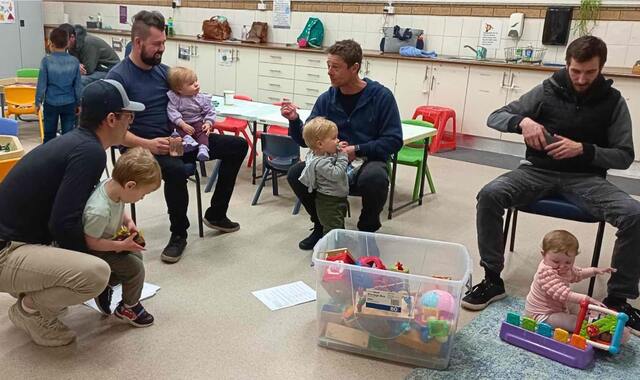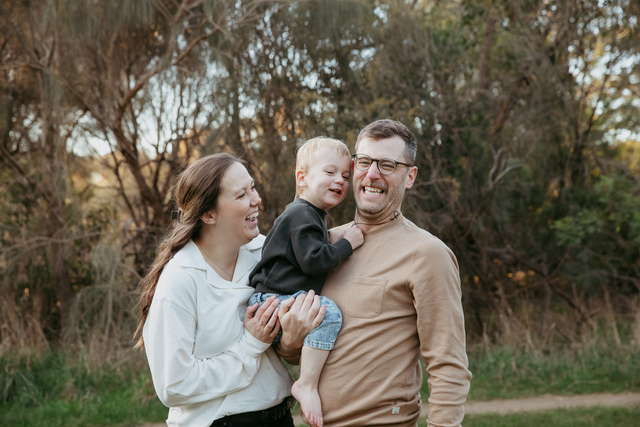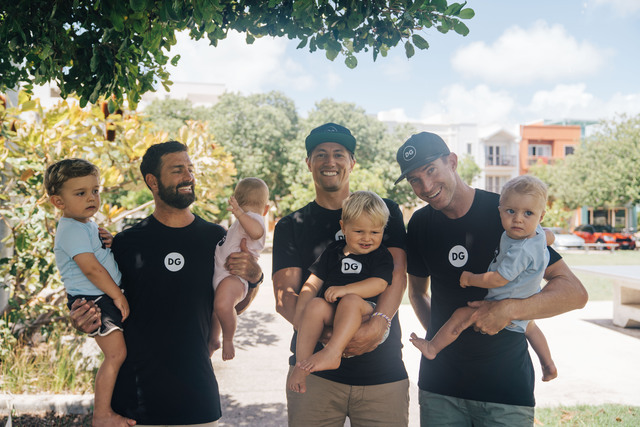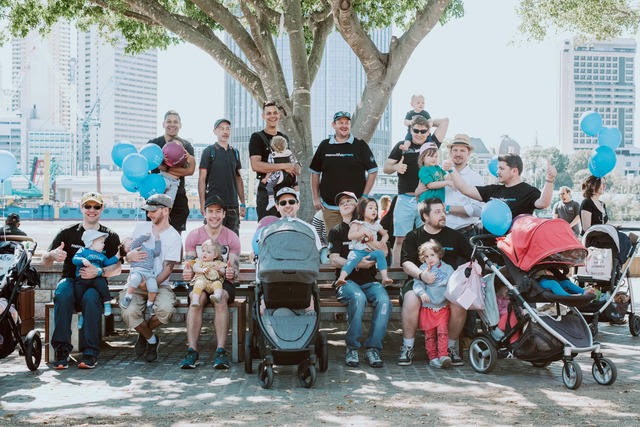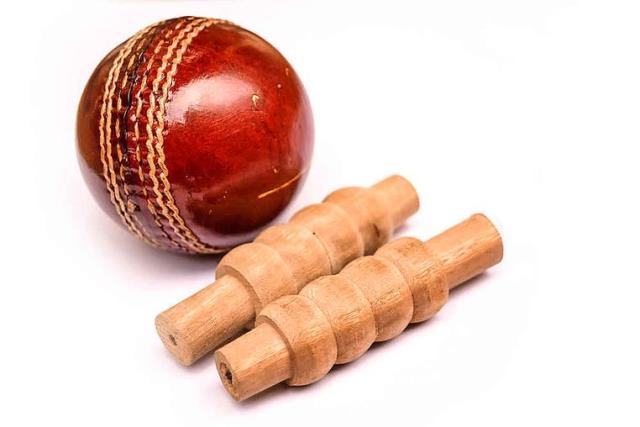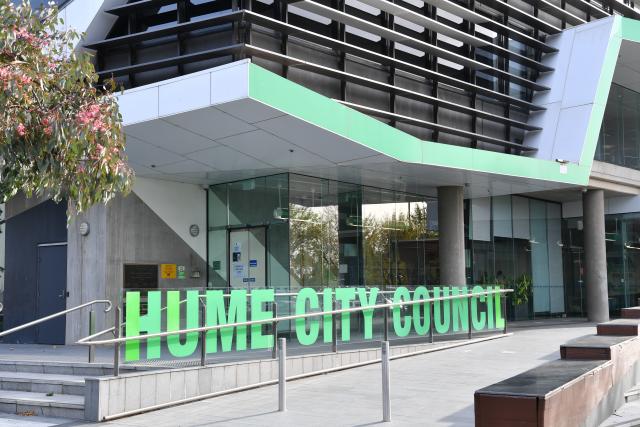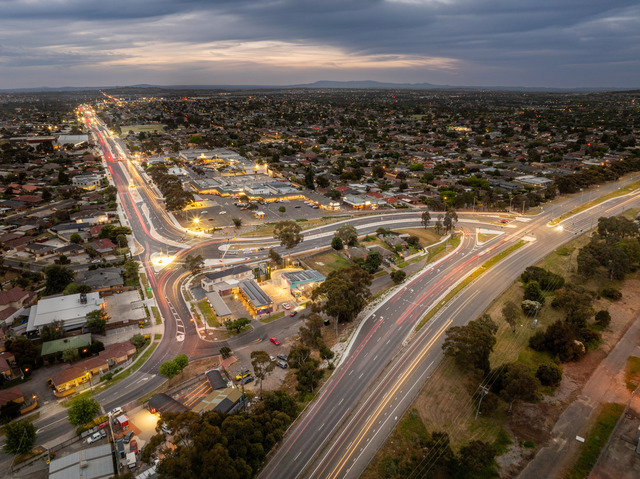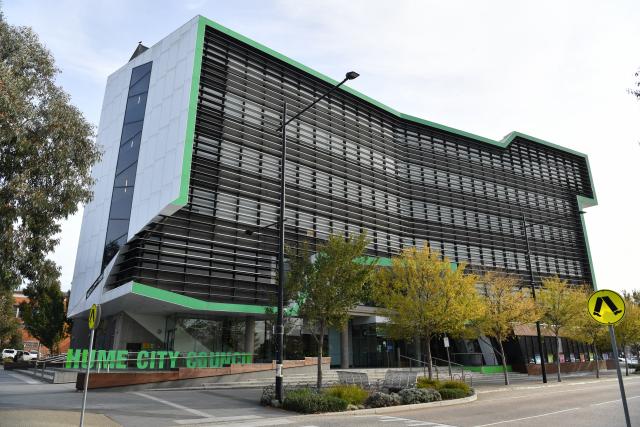As children across Melbourne’s western and northern suburbs took time to celebrate their dads on Sunday, Max Westwood spoke to the organisers of two fathers’ groups about what it means to be a modern dad.
Nowadays, the role of fathers extend far beyond past expectations.
Modern dads try to be engaged in every facet of their children’s lives, from balancing work and parenting to sharing household responsibilities.
This shift reflects a redefinition of fatherhood, highlighting fathers as equal partners in raising their children, rather than just being the ‘breadwinner.’
As these changes become more accepted in society, support is needed to help fathers understand their role in fostering growth and empathy in their children.
Nick Burnett joined the recently formed Sunbury Dad’s Group as a way to share what he has learnt on his own journey to becoming the best parent he could be.
And that began by becoming sober.
“I have actually just celebrated three years of sobriety just last weekend. I’ve been through the ringer and one of my big drivers was, you know, starting that family and kind of knowing that I am going to have to live up to that expectation to be all I can be and then some,” he said.
“And now I am studying primary education, so teaching and moulding young minds is something that’s very passionate to me, and then also mental health and substance abuse among men, especially fathers.
“Going through it myself it’s almost self-motivating for me because I know what it’s like to be in dark places and male suicide is very high in Australia, so breaking down that stigma that it is OK to talk about it and it actually makes you stronger to talk about it.”
Creating a safe space for dads to talk about their current struggles is something the Support For Fathers program does and why programs leader Dom Alford is so proud to help fathers find acceptance amongst all the chaos.
“It’s just that they don’t take the time to reach out to other dads,” he said.
“So our job is to sort of guide them to other dads and say ‘how you going?’ and maybe it will be just a little bit better easier with a bunch of strangers just connecting in a strange way.”
Alford said a lot of the work the group does is about letting dads know that they are not alone in their worries.
“We talk about becoming a dad and transitioning into that role, and then we also talked about dad’s mental health as well,” he said.
“We focus a lot on mental health before and after birth, so you know the expectations and the pressures leading up to birth, and then maybe even what they’ve experienced during birth, if it’s a traumatic birth, that trauma can stick with you.
“In the first six to 12 months, their lives are completely changed and turned upside down and no one’s getting any sleep. All those issues there contribute towards poor mental health. And so we focus a lot on dads and how they look after themselves and understanding the warning signs of poor mental health and just lots of education around that.”
Dads Group program manager Blair Keeble is at the forefront of advocating for a more nuanced understanding of what it means to be a dad and how new fathers are not alone in their struggles.
“Every person I meet, they always have the drive of I’m going to be the best dad possible, I’m going to be the best partner ever, I’m going to be the best support. And then reality hits and we realise we actually have no clue what we’re talking about. We have no clue what’s actually happening,” he said.
“And that can lead to some pretty dark places. Research shows us that one in 10 dads struggle from post natal depression.
“Now, that’s not a very well known stat amongst dads.
“Through either paternal classes, digital programmes or our community events … we normalise feelings and we normal normalise situations. So one thing we realise is that actually our situations aren’t unique to us. There’s so many situations that actually other people relate to.”
By changing perceptions and expectations, Dads Group is empowering fathers to play a more active and involved roles in their children’s lives and embrace what it means to be a modern father.
“We’re trying to change the culture of of fatherhood, and we’re seeing that culture already change, which is awesome,” Keeble said.
“So we’re joining in on that and really working towards that cultural change, so you’re seeing more stay at home dads than ever before, you’re seeing more involved dads even, and just that awareness that you know, dads have a huge part to play in, even the the early stages of of kids birth.
“A lot of research coming in out of the Australian Father of Research Symposium that’s happened earlier this year … showed the importance of dads in those early days of a child’s life.”

